The ever changing face of journalism
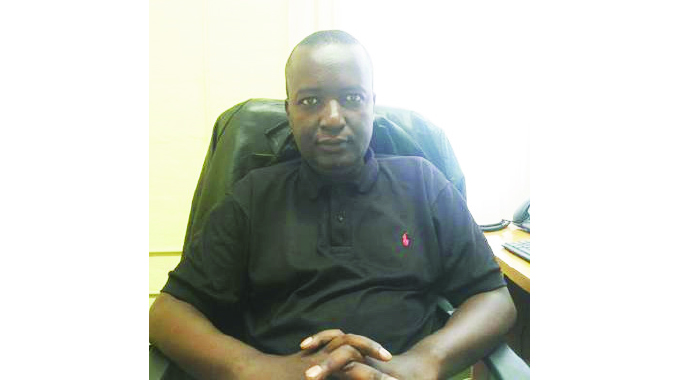
Nqobile Tshili, Chronicle Reporter
“CAN you write 80 words per minute? Doing so is the hallmark of a good journalist.”
These could have been remarks of a journalism lecturer to aspiring journalists.
From using typewriters to the adoption of cellphones, journalism has transformed and journalists have changed with the invention of new technologies.
Before the advent of modern technologies, radio listeners would only have a relationship with the voice of presenters but they now show visuals on Facebook, Instagram and other social media platforms.
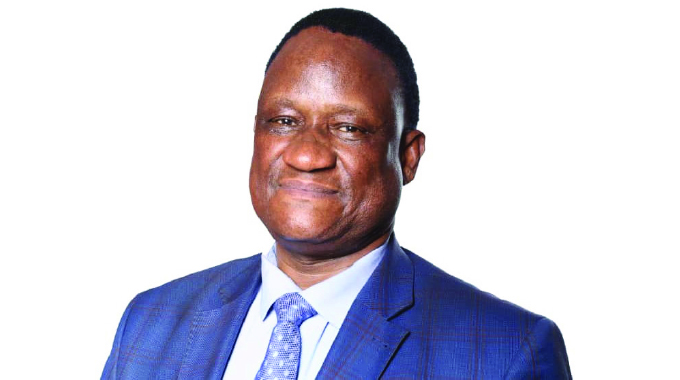
John Masuku
While it was impossible to send pictures, in real time, photographers today after capturing an image they can upload and publish it instantly.
Even some people who ordinarily did not qualify to be called journalists can claim to be journalists as they can self-publish.
Journalists who practised during the transitional periods of the sector have told of how demanding the profession was before the adoption of information communication technologies (ICTs) such as a computer and later the cellphone.
Methuseli Moyo, who has been in the field for 26 years said when he started practising in 1996, a typewriter, note book, a landline phone, and vehicle were key in the production of news stories.
He recounted how at about 3pm, the newsroom became noisy as reporters would be using typewriters as they chased deadlines after spending the day crisscrossing to meet physically with sources.
“One had to be very fast on shorthand to write notes, and very fast at typing. There were no cellphones to record voice, or WhatsApp and other media to get responses from sources. At times one had to be strong enough to walk from one end of town to the other looking for officials or sources. It needed energy, strength and efficiency to be an effective journalist,” he said.
Moyo said in cases where a reporter was working away from their work stations, they would scribble stories and phone newsrooms and dictate the article to colleagues who remained at the stations.
Newsrooms employed professional typists who would just wait to receive stories from reporters.
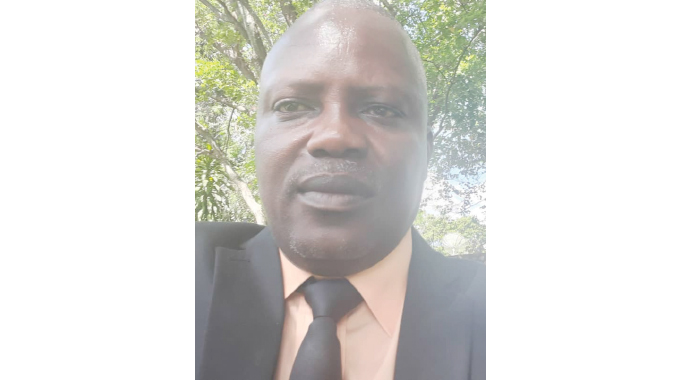
Methuseli Moyo
He said the advent and adoption of ICTs gadgets brought changes to the profession. Moyo said cellphones saw journalists improving communications with sources and even more having news sources directly contacting them.
He said ICTs also saw an increase in female journalists staying in the profession.
“The internet and cellphone changed things. We could now contact sources directly and they also could do the same. That made it not necessary to walk or drive distances to meet sources. The job became easier. During our time, there were too few lady colleagues. They came but few stayed. As technology simplified things, the number of female scribes increased,” he said.
Veteran broadcaster John Masuku with 40 years’ experience in the sector said technological revolution has been rapid since the turn of the millennium.
“Just before I joined, broadcasting was in such a way that it employed so many people just to produce a programme. There was an announcer, whose job was just to sit and announce, on the other side there was a technical operator even if it is not a pre-recorded programme, who would be pushing the records,” said Masuku.

Makhosi Sibanda
“And when I joined, a one-man operation was introduced, where you are able to pick your record, pick your commercials and if you now go to the studios, all those machines are no longer used, everything has been computerised.”
He said with just a push of a button, radio presenters are able to run programmes with minimal assistance.
Masuku said with competition from other mediums, radio presenters have become innovative just to lure audiences to their stations hence some of them are now live streaming their programmes.
“What we need to appreciate is that changes in technology are not beginning now. Innovations were there even before us, maybe not as rapid as they are now. What is important is for us to use them and embrace them appropriately in our profession,” he said.
Sunday News Assistant Editor, Mr Mkhululi Sibanda, said journalism training colleges taught Teeline, a course where student journalists learnt how to write using shorthand.
“We were required to write 80 words per minute,” recalls Sibanda.

He said they used typewriters to write stories and the editors would edit their work using a pen.
Sibanda said he also used a telex machine which was accessed at Zim Post offices to file stories especially when he was not working at the station.
“Using a telex was a faster way of sending a story, as you would type a story and it will be received by others enabling fast processing of news. However, at times you had to make calls to the newsroom and dictate the story to someone as there were no other means of writing and sending the story when you were in the field,” said Sibanda.
He said it was, however, impossible to send a picture from the field as photographers had to be on the ground to process their pictures.
Journalist and media development practitioner and researcher Makhosi Sibanda said ICT gadgets have made the practice of journalism more convenient and has enabled improved ways of telling stories.
“The evolution has improved the story telling techniques where a story can be told in video, audio and text format. The evolution has improved the shareability of stories where individuals for instance can read Chronicle via WhatsApp. It makes our communities more connected,” said Sibanda.
He said journalists have become more connected with sources and vice versa.
Sibanda said ICTs have also seen the advent of data journalism among other techniques which improve story presentation.
He said the downside of ICTs in journalism practice is the increase in production of fake news.
“There are some people who also want to be identified as journalists when they wouldn’t have trained as journalists. All the professions have barriers to entry. You cannot find someone who didn’t train as a teacher claiming to be a teacher or someone who did not train to be a doctor claiming to be a doctor,” he said.
“But with journalism someone with a laptop can claim to be one yet they will not be having the professional qualities that define a journalist.”
Sibanda said in the face of competition from unqualified journalism claimants, the profession can redeem itself by being accurate and producing quality stories.
@nqotshili



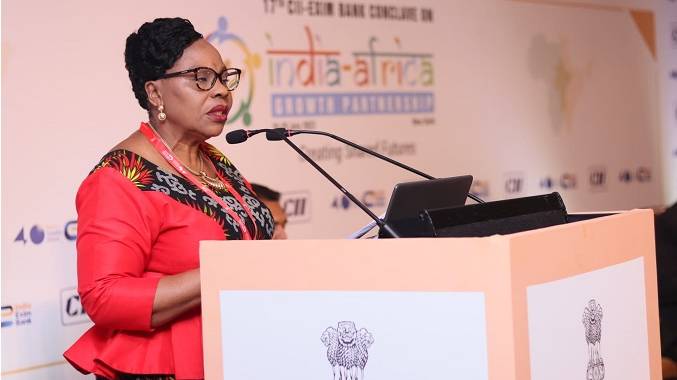
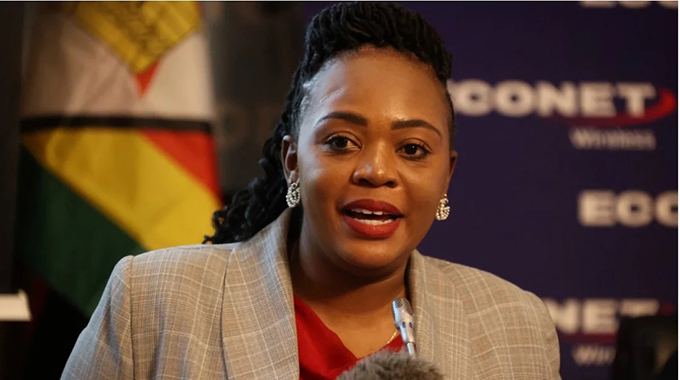





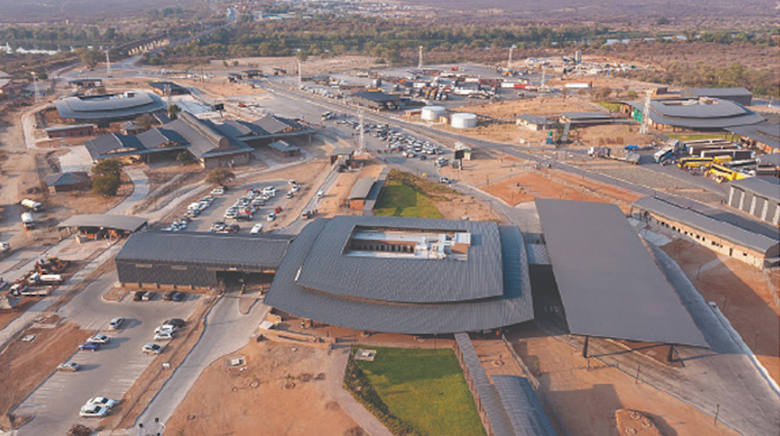

Comments